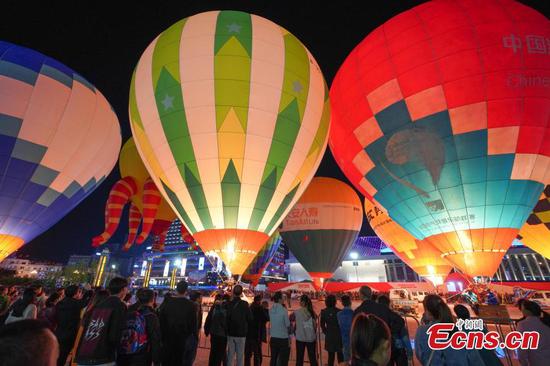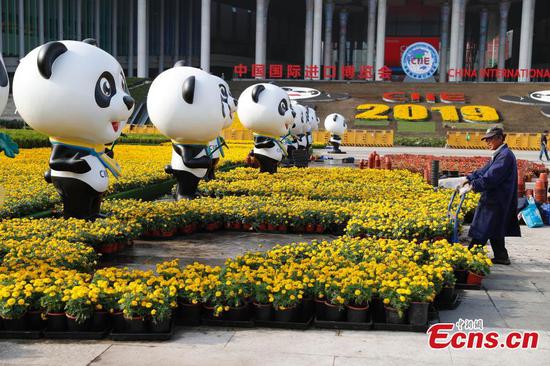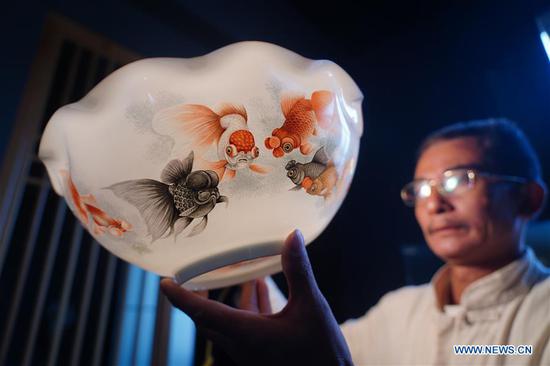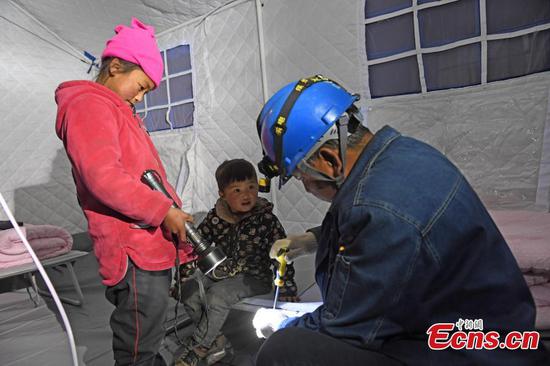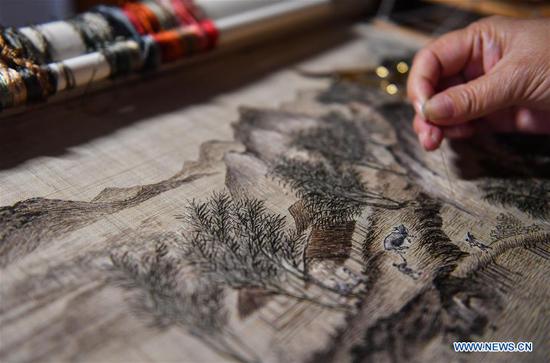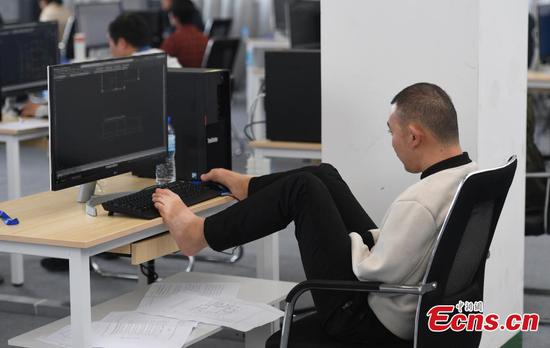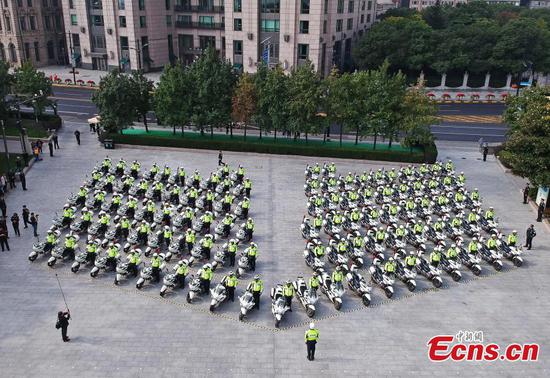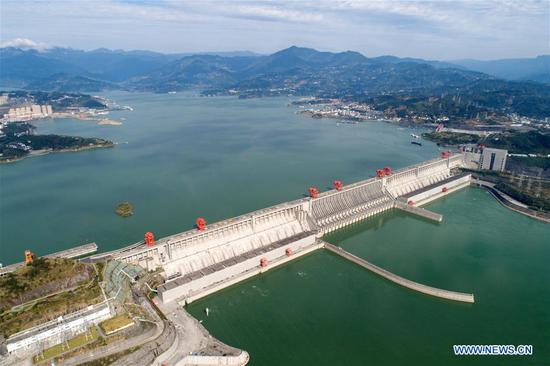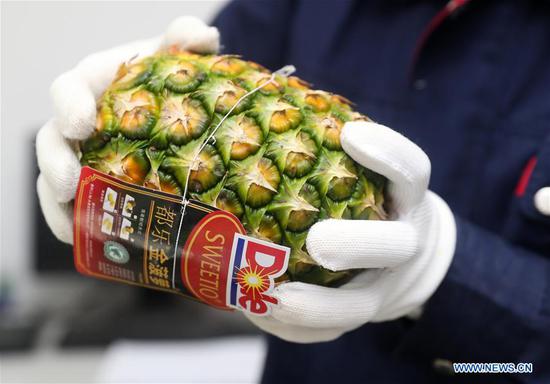Investment up despite unprecedented global challenges, say leading experts
Foreign direct investment inflows into China will see steady growth this year and in 2020, amid further opening-up and the shift to internationally accepted trade rules, industry experts and officials said on Wednesday.
Though the global economy is facing unprecedented challenges such as slower economic growth pace and rising trade tensions, the Organization for Economic Cooperation and Development said on Monday that FDI inflows into China grew 4 percent year-on-year to $73 billion during the first six months of this year, making China the world's second largest economy in terms of attracting foreign capital. The US remained the world's largest FDI recipient country, attracting capital of $143 billion during the six-month period.
Vice-Commerce Minister Wang Shouwen said the government will constantly enhance policy transparency and show consistency in implementing and in creating a fair and neutral market environment where Chinese and foreign companies are treated as equals and engage in fair competition. In addition, the government will also step up efforts to further protect foreign investors' legitimate rights and interests.
China to date this year has taken a series of measures, including promulgating the Foreign Investment Law and the new version of the negative lists for foreign investment market access, as well as setting up new pilot free trade zones. Wang outlined that these measures have played a significant role in stabilizing the scale and improving the quality of foreign investment.
"We will protect the lawful rights and interests of foreign companies, establish and improve agencies to handle complaints, and neither explicitly nor implicitly force foreign investors and international business to transfer technologies," said Zhang Zhicheng, director-general of the IP protection department at the National Intellectual Property Administration.
Efforts will be enhanced to standardize the implementation of regulatory policies and determine the frequency of regulatory and enforcement inspections in a reasonable manner, said Ye Wei, deputy director-general of the Ministry of Commerce's department of foreign investment administration.
Yin Zheng, executive vice-president of Schneider Electric, a French industrial conglomerate, said there has been a substantial pickup in the added-value of high-tech manufacturing and manufacturing upgrade via technology this year. These facts show that the positive factors for high-quality growth are increasing and new life is being breathed into emerging industries across China, and the structure of the Chinese economy is being optimized and upgraded, he said.
"As China's industrial sectors are upgrading, new investment opportunities are emerging for foreign companies in the transformation of traditional industries, in high-end manufacturing, in smart manufacturing," he said.
James Zhou, global vice-president of Louis Dreyfus Co, said his company anticipates huge potential in the food innovation sector, as it looks for alternative proteins in response to Chinese consumers' dietary shifts and the impacts of climate change.
The Rotterdam-headquartered group joined hands with Luckin Coffee, one of the fastest-growing smart retail companies in China this year, by building a coffee roasting plant in Fujian province and a fruit juice factory in another domestic location.
The OECD reported that the whole world received a total of $640 billion of FDI in the first half of 2019, up 24 percent on a year-on-year basis, while developed economies gained $269 billion.
The organization predicted that the growth rate of global FDI flows will remain between 5 percent and 10 percent this year.











